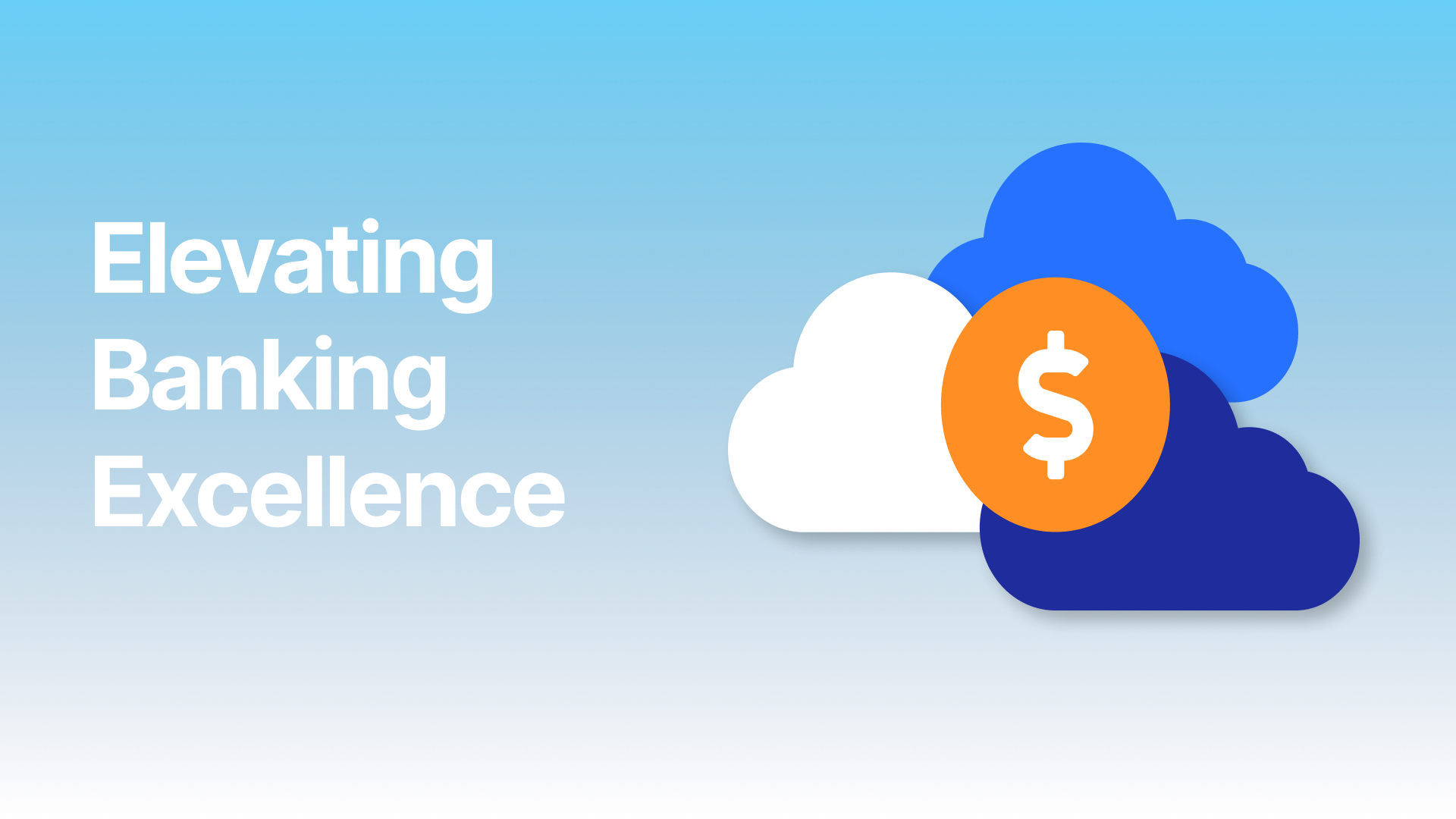One of the best ways to stay current in the fast-evolving field of artificial intelligence and machine learning is by following thought leaders, evangelists, and influencers in the industry. In this article, we’ve selected 10 of the most influential thought leaders (listed alphabetically) that are helping drive the field forward.
In this article:
- Andrew Ng
- Cassie Kozyrkov
- Demis Hassabis
- Fei-Fei Li
- Geoffrey Hinton
- Ian Goodfellow
- Jeff Dean
- Kai-Fu Lee
- Kate Crawford
- Lex Fridman
- Mustafa Suleyman
- Soumith Chintala
- Yann LeCun
- Yoshua Bengio
Andrew Ng
Andrew Ng is undoubtedly one of the most prominent AI researchers, instructors, and practitioners in the field today. Andrew is a co-founder of the online learning platform Coursera where he has taught over 4.5 million students, and is also an adjunct Professor of Computer Science at Stanford University. Andrew Ng is the founder of DeepLearning.ai, which is an education technology company that is helping develop a global community of AI talent.
Aside from education, Andrew is the founder and CEO of Landing AI, which works with customers through both corporate-level AI transformation programs and AI-powered SaaS solutions. Among his many past achievements, Andrew has formerly founded and led the Google Brain project to develop massive-scale deep learning algorithms and was the Chief Scientist of the Chinese technology company Baidu.
Twitter: @AndrewYNg
LinkedIn: Andrew Ng
Personal Website: AndrewNg.org
Cassie Kozyrkov
Cassie Kozyrkov is the Chief Decision Scientist at Google and states on her LinkedIn that she has “a mission to democratize Decision Intelligence and safe, reliable AI”. Cassie also maintains a blog, podcast, and newsletter called Data Intelligence that is centered around data-driven decision making, “plus a dash of humor”. Cassie provides practical posts including a complete minicourse on statistics, a minicourse on analytics, and more controversial topics such as why explainable AI won’t deliver.
Throughout her career, Cassie has provided guidance on more than 100 projects, designed Google’s analytics program, and has personally trained more than 20,000 Googlers on machine learning, decision-making, and statistics.
LinkedIn: Cassie Kozyrkov
Twitter: @quaesita
Demis Hassabis
Demis Hassabis is the founder and CEO of DeepMind, which is an AI research company most well known for crating the first AI system to defeat a professional human Go player: AlphaGo. Acquired by Google in 2014, DeepMind has since gone on to make similarly impressive contributions to AI including AlphaFold, which is recognized as a solution to the longstanding “protein folding problem”. While Demis is not particularly active on social media, you can find a recent interview with him on DeepMind’s website here and can learn more about AlphaGo in this documentary released in 2017.
Twitter: @demishassabis
LinkedIn: Demis Hassabis
Fei-Fei Li
Fei-Fei Li is recognized as a leading AI scientist and is the inaugural Sequoia Professor in the Computer Science Department at Stanford University. Dr. Li’s administrative appointments at Stanford include the former Director of Stanford’s Artificial Intelligence Lab (SAIL) and is currently the Co-Director of the Stanford Institute of Human-Centered AI (HAI).
In addition to her work at Stanford, Li took a sabbatical from January 2017 to September 2018, during which time she was a Vice President at Google and served as Chief Scientist of AI/ML at Google Cloud. A few of Li’s research interests include cognitively inspired AI, computer vision, and applications of AI in healthcare, particularly intelligent systems for healthcare delivery. Check out this interesting read from Wired: “Fei-Fei Li: If We Want Machines to Think, We Need to Teach Them to See” in which Li discusses the importance of computer vision in advancing the state of AI. As Li is quoted saying:
“Understanding vision and building visual systems is really understanding intelligence”
Twitter: @drfeifei
LinkedIn: Fei-Fei Li
Geoffrey Hinton
Together with Yann LeCun and Yoshua Bengio, Geoffrey Hinton received the Turing Award in 2018, and the three are often referred to as the “Godfathers of AI” due to their pioneering work on artificial neural networks. Hinton splits his time between the University of Toronto, Google Brain, and the research lab he co-founded: the Vector Institute of AI. Hinton’s most widely cited publication is his 2017 paper “Imagenet classification with deep convolutional neural networks”, which can be found on Google Scholar here.
Twitter: @geoffreyhinton
Ian Goodfellow
Currently the Director of Machine Learning at Apple, Goodfellow is most widely known for his invention of GANs, or Generative Adversarial Networks. With wide-ranging applications including art, fashion, science, and of course, deep fakes, GANs were described by Yann LeCun as “the most interesting idea in the last 10 years in Machine Learning”.
Twitter: @goodfellow_ian
LinkedIn: Ian Goodfellow
Jeff Dean
Jeff Dean is a Google Senior Fellow and has been at Google for more than 20 years. During that time he has co-designed and co-implemented five generations of Google’s crawling indexing and query retrieval systems. This work has resulted in a 100x to 10,000x growth in the number of documents searched and queries handled per second. The best place to follow Jeff is on Twitter where he shares his insights on what’s going on at Google AI, useful resources, and more.
Twitter: @JeffDean
LinkedIn: Jeff Dean
Kai-Fu Lee
Kai-Fu Lee is a leading AI expert, venture capitalist, and writer. Dr. Lee is currently the President & CEO of the Chinese technology venture capital firm Sinovation Ventures and is the former president of Google China, providing him insight into the development of AI in the United States and China. His book, “AI Superpowers: China, Silicon Valley, and the New World Order” is a must-read for any business leaders interested in the global development of AI.
LinkedIn: Kai-Fu Lee
Twitter: @kaifulee
Kate Crawford
Kate Crawford is a leading researcher, writer, and professor with a focus on the social implications of data systems, AI, and machine learning. She is currently a Senior Principal Researcher at Microsoft Research as well as the co-founder of AI Institute Now at NYU, which is dedicated to understanding the social implications of artificial intelligence and similar technologies.
LinkedIn: Kate Crawford
Twitter: @katecrawford
Personal Website: katecrawford.net
Lex Fridman
Lex Fridman is an AI researcher at MIT with a focus on autonomous vehicles, human-robot interaction, and machine learning. With one of the most popular AI podcasts in the industry and guests such as Elon Musk and Jack Dorsey, Lex provides a tremendous contribution to the AI community through these long-form discussions.
Twitter: @lexfridman
LinkedIn: Lex Fridman
YouTube: Lex Fridman
Personal Website: lexfridman.com
Mustafa Suleyman
Mustafa Suleyman is another co-founder and former Head of Applied of AI at DeepMind. Suleyman is currently the Vice President of AI Policy at Google where he is a prominent figure in the global debate over the ethics of AI. Suleyman is also a founding co-chair of the Partnership on AI, which brings together diverse voices from representatives at major technology companies with “ a mission to shape best practices, research, and public dialogue about AI’s benefits for people and society”. The organization currently has 100+ partners from 13 countries.
LinkedIn: Mustafa Suleyman
Twitter: @mustafasuleymn
Soumith Chintala
Soumith Chintala is a Research Engineer at Facebook AI Research. His most notable work includes co-creating and leading the development of PyTorch, which is one of the most widely used and acclaimed open source machine learning frameworks. In addition, he has co-authored three well-cited papers: LAPGAN, DCGAN, and Wasserstein GAN. As Soumith states on his personal website: “my current primary interest is to build a household robot that helps me with all kinds of chores.”
Twitter: @soumithchintala
LinkedIn: Soumith Chintala
Personal Website: soumith.ch
Yann LeCun
Yann Lecun is currently VP and chief AI Scientist at Facebook and also teaches at New York University where he is a Silver Professor of Computer Science, Data Science, Neural Science, and Electrical and Computer Engineering. LeCun is also an ACM A.M. Turing Award Laureate, which is generally regarded as the highest distinction in computer science. As LeCun humbly writes on his personal website about this award: “(sounds like I’m bragging, but a condition of accepting the award is to write this next to your name)”. LeCun is most active on Twitter where he keeps his audience up-to-date on recent papers, projects, and insights into the AI/ML field.
Twitter: @ylecun
LinkedIn: Yann LeCun
Personal Website: yann.lecun.com
Yoshua Bengio
Yoshua Bengio is recognized as one of the leading AI experts and a pioneer in the field of deep learning. Bengio has been a professor at the Université de Montréal since 1993 and is also the founder and scientific director of MILA – the Montreal Institute of Learning Algorithms – which is one of the world’s largest university-based groups for deep learning research. Bengio also received the ACM A.M. Turing Award in 2019 jointly with Geoffrey Hinton and Yann LeCun for their work in deep learning. Bengio’s most widely cited publications include his paper on “Deep Learning” and “Gradient-based learning applied to document recognition”—both of which can be found on Google Scholar here. Bengio is not very active on social media, although you can find an interesting interview with him and Andrew Ng on Coursera here.
LinkedIn: Yoshua Bengio
Personal Website: yoshuabengio.org
That’s it for our top ten list of the most influential thought leaders in the AI/ML industry. This list is not exhaustive as there are far too many inspiring people leading the field forward, but it’s a good place to start if you want to stay up-to-date on the latest developments.



